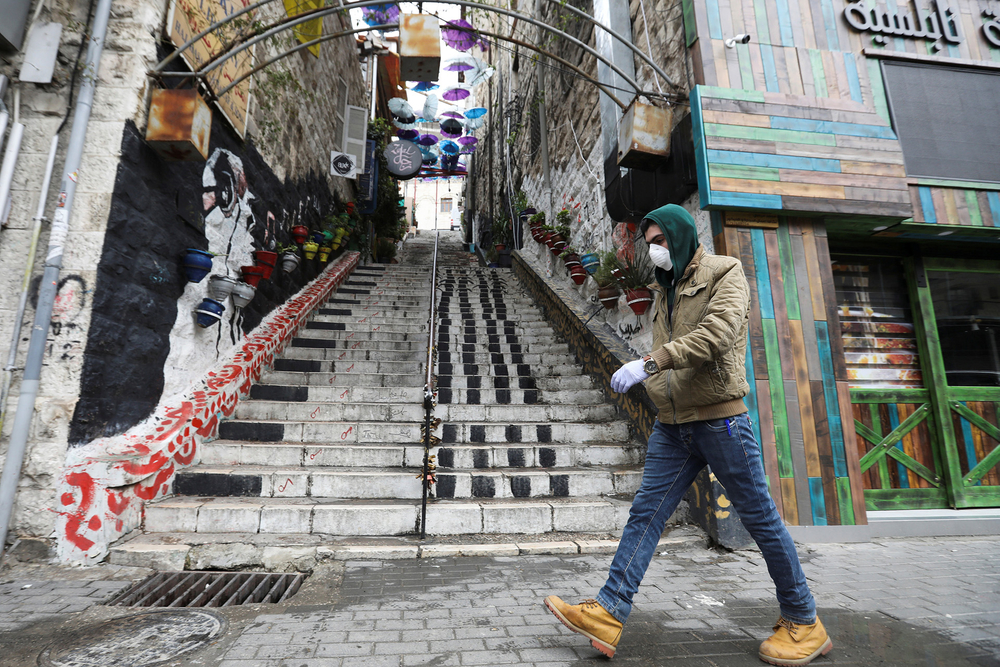THE NEW HUMANITARIAN (14/5/2020)
When Jordan announced one of the world’s strictest pandemic-related lockdowns on 20 March, the kingdom gave just a few hours notice that 10 million people would be restricted to their homes, banned even from making trips to buy food. Fears grew quickly for the country’s close to one million refugees.
How would they be able to stockpile supplies when 85 percent live under the poverty line and only two percent have savings?
Concern proved well-founded. Aid groups struggled to reach people in need, and many who relied on the informal economy for work were left without income and unable to provide for their families. By early April, nearly one third of the refugees in one survey said they hadn’t had enough food to eat in the past week.
In recent days, the government has gradually allowed more people to move around, but the relaxed conditions don’t appear to have brought significant relief to most of the kingdom’s refugees. Rolling out 18,000 one-time emergency payments, the UN’s refugee agency, UNHCR, said earlier this week that more than 90 percent of refugees have less than 50 Jordanian dinar ($70) left, and limited access to aid.
“We have seen over a third of refugee daily workers lose their jobs completely and [they] are struggling to put food on the table,” Dominik Bartsch, UNHCR’s representative in Jordan, said in an 11 May statement announcing the measures. The agency said it had received 300,000 calls to its hotline since COVID-19 hit the country in early March, with most people seeking cash assistance.
People like Syrian refugee Mariam, her husband, and five young children are among those struggling to get by. In phone conversations interrupted by her children’s chatter, she told The New Humanitarian about the challenges her family has faced, before and after the pandemic.
Her home in Aleppo was destroyed in Syria’s war, and the precarious life her family struggled to rebuild in Jordan since 2014 was shattered when her husband was diagnosed with a brain tumour in 2018. Last November, a stroke left him partially paralysed. This meant he was unable to work in his usual tailoring position or do the other odd jobs he had done to keep the family afloat. Just like that, they were left completely dependent on aid.
Then came the virus. (…)
Read more: https://www.thenewhumanitarian.org/feature/2020/05/14/Jordan-coronavirus-refugees
